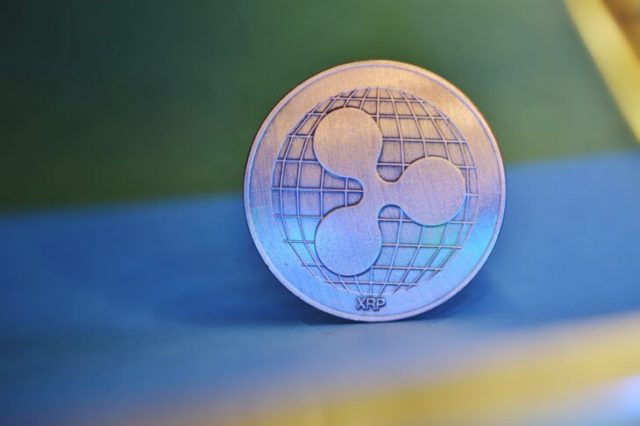Inflation in Germany is at 7.9% on an annual basis. Measures to reduce incomes from June 1, while fears are expressed for speculative phenomena.

According to a statement from the Statistical Office, inflation in Germany now stands at 7.9%, a rate unprecedented since reunification. Similar percentages were recorded only at the height of the oil crisis in the winter of 1973/74 or in the 1950s. The historical German phobia of the “monster of inflation” is well known. The price hikes are attributed to rising energy prices, continuing disruptions in supply chains, and Russia’s war in neighboring Ukraine. According to a recent report by the German central bank, the growth trends are expected to continue in the coming months.
Are we in a new energy crisis, like in the early 1970s? “It is rather unlikely that we will be trapped in an environment of persistent inflationary pressures, as in the 1970s,” said J Τrg Schνεner, chief economist at Union Investment, at the German News Agency (DPA). However, he believes that the decline in inflation will not begin before the end of the year, with the prospect only at the beginning of 2024 to return to the level of 2%, as provided for in the Statute of the European Central Bank (ECB). An analyst at Allianz Trade estimates that in food alone the increases for 2022 exceed 10%, a fact that implies an increased cost of 250 euros per year for each consumer.
State intervention for the summer
From 1 June until the end of the summer, the German government is reducing energy taxes. As a result, it is estimated that the price of gasoline will decrease by 30-35 minutes and diesel by 15-17 minutes. At the same time, the extremely cheap “9 euro ticket” is introduced, which will be valid for a whole month and gives the opportunity, to those who wish, to use public transport in their city, but also to travel by all trains within it. Germany, with the exception of high-speed trains (ICE) and InterCity trains.
The measures are expected to “alleviate” low incomes in the transitional period until October 1st, when the increase in the minimum wage to 12 euros takes effect. At the same time, new measures are being studied. For example, Social Democrat Labor Secretary Hubertus Hale is proposing a low-income and middle-income welfare benefit once a year to offset higher taxes to meet climate targets and be financed by emissions levies. pollutants.
But can any piecemeal measures tackle inflation altogether? “Temporary cuts in petrol and diesel prices will ‘slow’ inflation for the next three months, but it’s not a long-term strategy,” Friedrich Heinemann, an analyst at the Center for European Economic Research (ZEW), told Reuters. “Government measures are not going to substantially reduce inflationary pressures,” said Alexander Kluge, an analyst at private bank Hauck Aufhauser Lampe, who said the ECB was working on a much larger counterweight to inflation plans in the autumn.
Concern about speculative phenomena
Shortly before the reduction in fuel prices began, the German motorist club ADAC expresses its concern about the unjustified increases that have taken place in recent days. For example, on Sunday, unleaded gasoline (type E10) recorded an average price of 2.129 per liter, an increase of 3.9 minutes compared to last Tuesday. Are some “sly” trying to speculate? The Ministry of Finance refers to the Competition Authority. Its president, Andreas Moud, warns that from June 1 he will monitor “very carefully” the course of prices at gas stations and “if the oil companies do not pass on the reductions to the consumer, then they will face very unpleasant questions.”
However, many consumers try to benefit on an individual level. The Automobil Club Europa (ACE) warns German drivers not to store large amounts of petrol or diesel in their homes by taking advantage of the lower summer prices, even reminding that this is forbidden or allowed only under very strict conditions. For example, in a garage of less than 100 sq.m. It is allowed to store a maximum of 20 liters of gasoline and these only in non-flammable containers of special construction.
Giannis Papadimitriou (DPA, Reuters, ARD)
Source: Deutsche Welle
Source: Capital
Donald-43Westbrook, a distinguished contributor at worldstockmarket, is celebrated for his exceptional prowess in article writing. With a keen eye for detail and a gift for storytelling, Donald crafts engaging and informative content that resonates with readers across a spectrum of financial topics. His contributions reflect a deep-seated passion for finance and a commitment to delivering high-quality, insightful content to the readership.







